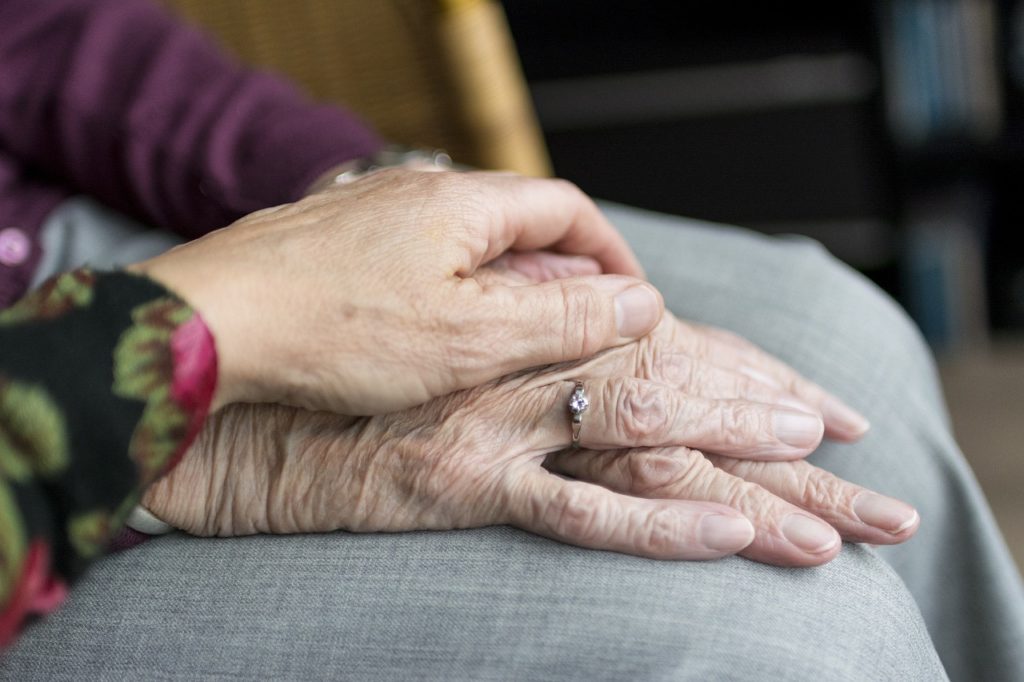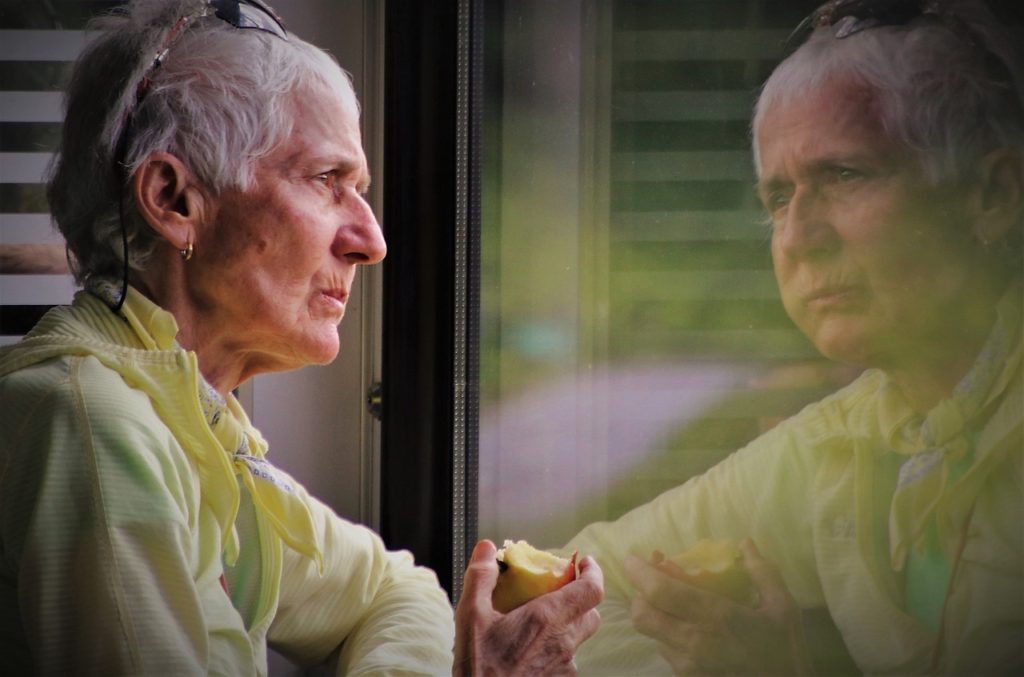Blog
As your loved one is getting older, determining the level of care they need becomes increasingly important. However, it’s also more difficult to decide how much independence it’s safe for them to have.
Senior home care can be expensive, often prohibitively so for people struggling to find care for elderly loved ones. On the other hand, many older people do not want to go into an elderly care home. You may be at the point of wondering if giving up your life to care for elderly parents is necessary.
Before you throw up your hands and become your loved one’s elderly caregiver, take some time to determine exactly what level of care your loved one really needs.
Levels of Care for Elderly People
Independent
Seniors who are independent may get home care for the elderly in their own homes. They may enjoy an elderly companion service or senior daycare to assist with everyday activities and provide socialization and the opportunity to get out and do more than they can do by themselves. However, they do not suffer any physical or mental impairment that makes it impossible to live independently.

Assisted Living
Elderly assistance involves helping with everyday tasks like preparing meals, getting dressed, and bathing. These seniors may have some mental impairment, but are generally able to take care of themselves and live in their own home with a little bit of help. Sitters for elderly people who need some assisted living may be sufficient in combination with help from friends and family.
Long-Term Skilled Nursing Care
People who require long-term nursing care have serious, chronic health issues which require careful management. It is unlikely that most people will be able to afford the cost of in-home care for elderly people at this level of care.
Most people can’t provide home health for seniors at this level either unless they’ve had special training. If you want to provide home care for elderly loved ones who require this level of nursing care, look into respite care for elderly patients and other programs to assist you.
Memory Care
Care for elderly patients with conditions of the memory like Alzheimer’s or dementia requires special assistance. These individuals may be physically capable of taking care of themselves and may have no serious physical ailments.

However, these diseases make home care for elderly in their own homes very challenging. People with memory loss diseases may wander away or injure themselves or others.
People with memory conditions often do best with elderly care services at home since being in a familiar environment can soften the symptoms of this disease. However, caring for elderly parents or other loved ones with conditions like dementia or Alzheimer’s has special challenges and can be very difficult. Look into daycare for elderly people with these kinds of conditions or respite care for elderly people if you are taking on this challenge.
What Does Home Care for Elderly in Their Own Homes Entail?
Before you decide whether you’re ready to care for an older person in your home or whether you can afford to look for elder care services at home, you’ll need to know exactly what’s expected. Talk to your loved one’s medical care providers to learn what their needs are. In general, needs are classified into four categories:
Medical. This is the elderly care that the everyday person may struggle with. It includes administering medication, assisting with catheters, inserting, maintaining, and removing IV drips, wound care, long-term condition management, etc.
Behavioral. Elderly patients may have behavioral needs for a number of reasons. They may act out and potentially injure themselves or others. They may engage in self-harming behaviors, inappropriately consume potentially harmful substances, or otherwise act in ways that require control from a caregiver.
Cognitive. Elderly services may need to respond to a range of cognitive needs. Elderly patients can become confused and need to be calmed down and have things explained to them. They may struggle to make a logical next step and require gentle prompting. Social interactions and games with caregivers can also improve cognitive function and slow cognitive decline.
Functional. Whether due to a physical or mental medical condition or simply the aches and pains of getting older, elderly companion care often involves physically helping the elderly person do things like take a bath, brush their hair, get in and out of bed, a chair, or a wheelchair, etc.
Your loved one’s doctor can help you determine what kind of needs will need to be met by elderly care services at home. If significant medical needs are required, your doctor may not recommend in-home services for seniors and instead recommend an elderly care home. Based on your physical capabilities, you and your loved one’s doctor may determine that you will be unable to meet the functional or behavioral needs of your loved one. You can also determine how much will be required to meet your loved one’s needs by paying attention to them in their own environment.
Here are some questions you can ask. Depending on how many of these questions you answer “no” to can help you decide how much care is required:
- Does the elderly person maintain weight appropriately and find, prepare, and eat a balanced diet?
- Are they able to perform daily tasks with reasonable ease, such as bathing, dressing, and simple household chores?
- Is their home reasonably clean, organized, and comfortable?
- Do they maintain a good mood and find joy in life without frequent or serious mood swings or bouts of depression or anxiety?
- Do they make reasonable choices and seem to comprehend their environment and how they are perceived by others?
- Do they follow doctor recommendations regarding taking medications, doing therapy, and following a healthy diet?
- Deciding how much care an elderly person needs and whether an elderly care home is required or they can get home care for the elderly in their own homes is a difficult decision. Your loved one’s opinion and the recommendations of their doctor will help guide you in your decision.
